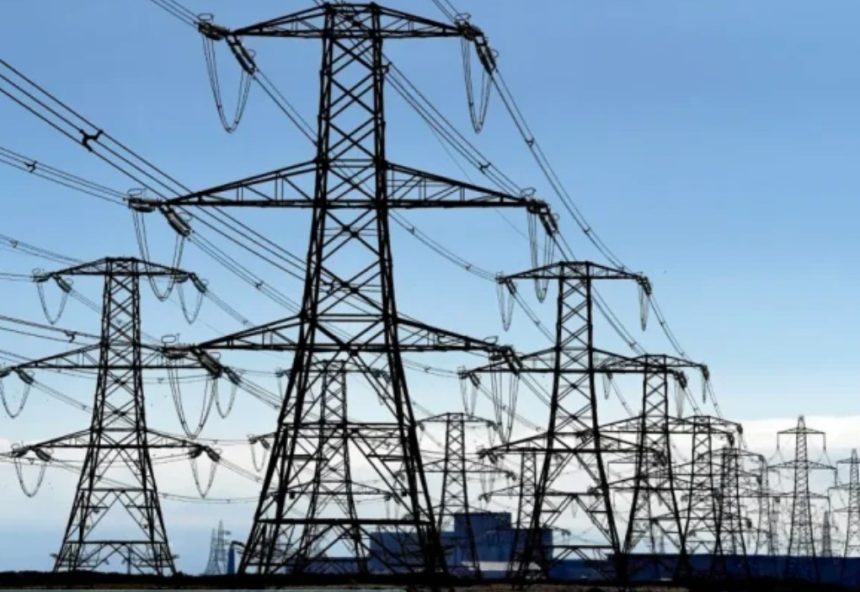The federal government has unveiled an advanced supervisory control and data acquisition (SCADA) technology (worth $56 million) to monitor the national power grid perfromance.
Speaking on Wednesday, the Transmission Company of Nigeria (TCN) said the project was funded by the World Bank to reduce frequent power grid collapses and enhance supply reliability.
Adebayo Adelabu, minister of power, during a demonstration event at the national control centre (NCC) in Gwagwalada, Abuja, said the SCADA system plays a significant role in revolutionising the management of the grid.
Adelabu, represented by Emmanuel Nosike, acting permanent secretary, said the system allows for real-time monitoring of grid performance.
“The SCADA system will enable us to monitor the entire electricity network from a centralized location, ensuring prompt responses to outages, efficient load management, and optimised system performance.
“With features like automated data collection, fault detection, and remote-controlled operations, we are laying the foundation for a more resilient and responsive power sector.
“This initiative aligns with our broader vision of achieving energy security and expanding access to electricity for all Nigerians, which is the primary objective of the Nigerian Electricity Transmission Access Project (NETAP).
“The introduction of SCADA is part of our strategic efforts to modernize power infrastructure and implement smart grid technologies.
“As we strive to provide reliable electricity, we are also creating an environment conducive to private sector investment, innovation, and development in the energy market,” Adelabu said.
On his part, Sule Abdulaziz, TCN’s managing director, said the successful demonstration of the system is a result of years of effort and reflects the government’s commitment to ensuring reliable electricity supply.
He said the contract for the system was awarded in 2022 and includes the installation of 2,723 kilometers of optical ground wire along transmission routes. “Repairs have also been carried out on approximately 2,500 kilometers of existing optical ground wire,” Abdulaziz said.
Ndiame Diop, World Bank country director, represented by Bunu Burkar, task team lead, said the project, currently 69 percent completed, is expected to be fully operational by mid-next year.
Diop said discussions are underway to extend the project timeline by six months to address implementation delays.
He added that the World Bank remains committed to supporting the sector to ensure energy reliability.
On August 20, the TCN had said it commenced the implementation of the SCADA systems to enable real-time monitoring and control of the power grid.






